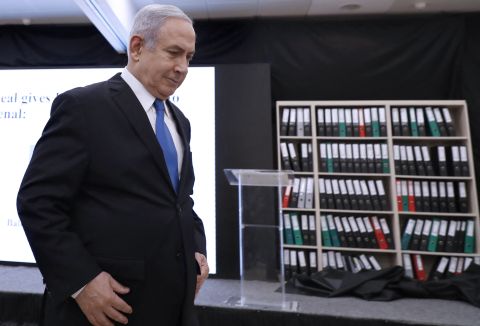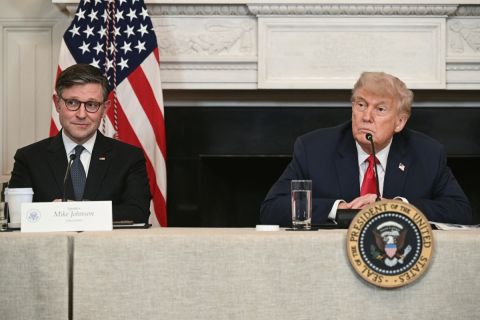ALBAWABA—Amid escalating tensions in the Middle East, the United States has authorized the voluntary departure of military families and non-essential diplomatic staff from key locations across the Central Command region, including Iraq, Bahrain, and Kuwait.
The decision follows rising concerns over regional instability and security threats, particularly tied to the deteriorating U.S.–Iran dynamic.
According to Axios, a U.S. Defense official confirmed that the Secretary of Defense authorized the move, citing the safety of military personnel and their families as a top priority.
Central Command reportedly works closely with the region's State Department and allied nations to ensure operational readiness while maintaining security. The White House also confirmed that President Trump is fully briefed on repositioning U.S. personnel in the Middle East.
A State Department spokesperson told Al Jazeera that the U.S. is "constantly assessing the appropriate status of employees at our embassies," reiterating Trump’s commitment to the safety of Americans both domestically and abroad.
A staff drawdown is already underway at the U.S. Embassy in Baghdad, and similar measures have been authorized in Bahrain and Kuwait due to the potential for regional unrest.
Meanwhile, all U.S. military bases across the Arabian Gulf have been placed on high alert, and several reports indicate that personnel's families have been discreetly relocated to undisclosed locations.
This rapid shift in U.S. posture comes as tensions with Iran flare. Iranian President Masoud Pezeshkian, in a defiant address, accused Western powers of trying to provoke internal strife and suppress Iran’s scientific and nuclear capabilities.
"We will not submit to dictates," Pezeshkian said, adding, "They want us to dismantle our defenses so Israel can bomb us freely."
At the diplomatic level, Iran's deputy foreign minister warned that Tehran has prepared countermeasures in anticipation of any adverse resolution from the International Atomic Energy Agency (IAEA) Board of Governors. Tehran sees any such resolution as politically motivated and unlikely to be passed by consensus.
Yesterday, U.S. President Trump, in an interview with Fox News, described Iran’s latest behavior in nuclear negotiations as “more aggressive” and “unacceptable.” He claimed Tehran was making demands that the U.S. “can’t accept,” signaling a widening gap in diplomacy.










![Turkish series "Ask-ı Memnu" [Forbidden Love]. Turkish series "Ask-ı Memnu" [Forbidden Love].](/sites/default/files/styles/d02_traditional/public/2026-02/%D8%A3%D8%A8%D8%B7%D8%A7%D9%84-%D9%85%D8%B3%D9%84%D8%B3%D9%84-%D8%A7%D9%84%D8%B9%D8%B4%D9%82-%D8%A7%D9%84%D9%85%D9%85%D9%86%D9%88%D8%B9.jpg?h=c673cd1c&itok=nhq8-5rH)
